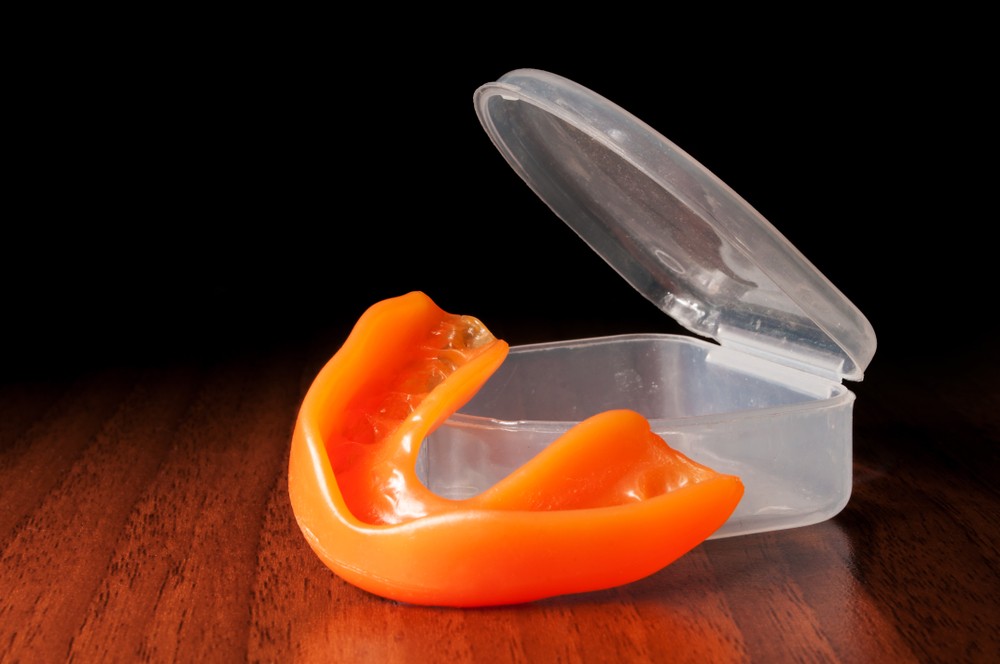 Do you wear a mouth guard? Maybe you feel like you don’t need to because you don’t play a sport, but there are many reasons people wear mouth guards that have nothing to do with athletic activities. Mouth guards can be a significant financial investment for some people, but believe it or not, they can often pay for themselves over time, especially when it comes to wear and tear on the teeth. Here are a few ways in which anyone can benefit from wearing a mouth guard.
Do you wear a mouth guard? Maybe you feel like you don’t need to because you don’t play a sport, but there are many reasons people wear mouth guards that have nothing to do with athletic activities. Mouth guards can be a significant financial investment for some people, but believe it or not, they can often pay for themselves over time, especially when it comes to wear and tear on the teeth. Here are a few ways in which anyone can benefit from wearing a mouth guard.
Eliminate Future Repairs
Do you grind your teeth? There’s a mouth guard for that! While it may not prevent teeth grinding and cannot correct past damage done to the teeth from grinding, a mouth guard can help prevent future damage to the teeth by acting as a point of impact and protecting your teeth from cracking, chipping or wearing. A mouth guard can also help your fillings (another significant investment) last longer by not wearing them away.
Stop That Snoring
Some mouth guards are designed to do more than protect the teeth. They can be designed to reposition the jaw so that it stops you from snoring. Often these orthotics are used to help patients with sleep apnea by helping to open their airway and allowing them to breathe without an obstruction to the throat, which is what causes the apnea in the first place.
Protect Your Smile
When many people think of mouth guards, they think of athletes and sports guards. These are still vitally important to protect the teeth, but they’re not just for football players and wrestlers. Anyone participating in nearly any activity can benefit from a sports guard, from volleyball to hockey to roller skating to even riding a bicycle.
Ease the Pain of TMJ Disorder
Do you have temporomandibular joint disorder? There’s a mouth guard for that, too. Although it's not a mouth guard in the traditional sense, an orthotic for temporomandibular joint disorder is designed to reposition the jaw in such a way that it helps retrain the joints to align properly, hopefully eliminating the pain and healing the jaw in the process.
If you think you may need a mouth guard for any of these issues, please reach out to Dr. Lederman’s office at 516-882-1764.